therapeutic approach
-
△ partnerships and couples
trust · intimacy · couples navigating ADHD · healing after a breakup · communication · conflict patterns
△ chronic stressors
post-traumatic stress · attachment trauma · burnout · chronic illness · caregiving stress · low energy and depressive patterns · ADHD · self doubt or social anxiety
△ identity and self-worth
self-esteem · self-trust · belonging · LGBTQIA+ identity · loss of identity
△ grief and transitions
loss of a parent or sibling · end-of-life transitions · loss of culture or family due to immigration, disability, or incarceration ·
△ family support
· mother-daughter relationships and conflict · foster care or adoption · blended families
-
[friendly, knowledgeable, allied]
stepparents, co-parents, and blended families
LGBTQIA+ identity including mixed orientation relationships and chosen families
intercultural relationships
neurodivergent individuals and couples with executive functioning difficulties
under-resourced communities
families or partners navigating serious diagnoses, caregiving stress, or in-home caretaking
veteran families and couples
interfaith: all spiritual traditions and agnostics
-
The essence: I prioritize emotional awareness and healing in relationship.
…
More specifically, my integrative approach is rooted in:
Attachment: our early bonds are crucial in guiding how we see ourselves in the world and how we relate to others. Wanting to belong and feel secure is central to being human.
Narrative: we are the empowered self at the center of our life story. I see hidden and unspoken strengths waiting in the most painful stories.
Emotionally Focused: especially for couples’ bonds, experiencing and naming our primary emotions and how they interact with our partner is shown to be incredibly effective at transforming defensiveness, disconnection, anger, relationship anxiety, and avoidance.
Mindfulness: where we put our attention matters. Being present matters. Attunement, connection, awareness all require mindful attention. Mindfulness can lead to greater acceptance, pleasure, self-compassion, and joy.
Systems: the systems we live and engage in, willingly or unwillingly, matter. They give us feedback that forms our thoughts, emotions, and behavior. Oppression, cultural scripts, family dynamics, our role in our community, and our internal systems all interact to form the ever-evolving beings we are.
therapy, a partnership.
You don’t have to do this alone. Entering therapy is a brave step toward better mental or emotional health. Many of us start therapy when problems can no longer be avoided or have led to significant pain. Difficult conversations and distress can feel so much more manageable with support.
Therapy, in my view, is a trusting and collaborative partnership. That partnership opens space to share heavy burdens knowing you will have someone tuned in, fully. I will show up in the way you need me to most: to reflect patterns, be a witness, be a resource, or be a motivator. I will show up for you with compassion, a trauma-informed mindset, new perspectives, and communication tools. I will meet you where you are, prioritizing your strengths and experiences.
My approach partners with you to see how your concerns and struggles are reflected in your life and relationships, which may involve highlighting family history, patterns in partnerships, attachment wounds, or tuning into the intelligence of your emotions. This can help you heal the source, not just manage symptoms. Through it all, I center you as the expert in the interconnected web of your life, while we untangle the threads, together.
woven, interconnected.
Human connection is beautiful and relationships can be the perfect place for growth, even when they are challenging. Those we care deeply for are mirrors that help us see the deepest parts of ourselves. There can certainly be dark days of depression, anxiety, burnout, conflict, and overwhelm in life for us all, so I work diligently to create supportive space for pain to be heard, seen, and processed. This worthwhile work reconnects us to ourselves and our loved ones.
I view people, their concerns, and their formative experiences as an intricately woven tapestry of emotional interaction, community, roles, and meaning. I also view 'identity' as being shaped by the voices, reflections, and stories of those we interact with.
intersectional.
As a systemically trained therapist, I attune to the impact of broader systems, such as family, culture, race, gender, economic status, and spiritual tradition. Racism, sexism, ableism, and other oppressions imprint on our internal and external landscapes, so identifying their harm is part of healing. This view allows full consideration of context and intersections impactful to our life stories. It also supports disengaging cycles of blame, highlights barriers, and contextualizes trauma. Whether your stories are enriched by spiritual meaning or stifled by oppression, I integrate these into my work to see the fullness of every person.
my hope.
My hope for our life stories is that they include space for who we are becoming. Our “self” is not stuck or static. We are ever-evolving and constantly practicing who we want to be. Being human means we grow within our relationships, rituals, commitments, and community.
Speaking of hope, I also hold hope for you fiercely, even in times you may feel weighed down by doubt, blame, anxiety, burnout, or unfulfilling patterns that hinder the change you seek.
an invitation.
I invite you to show up as your full, authentic self. I want to know your concerns, what is meaningful in your life, and how I can best support you.


